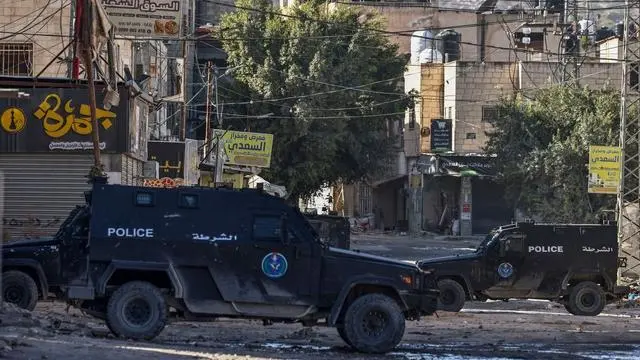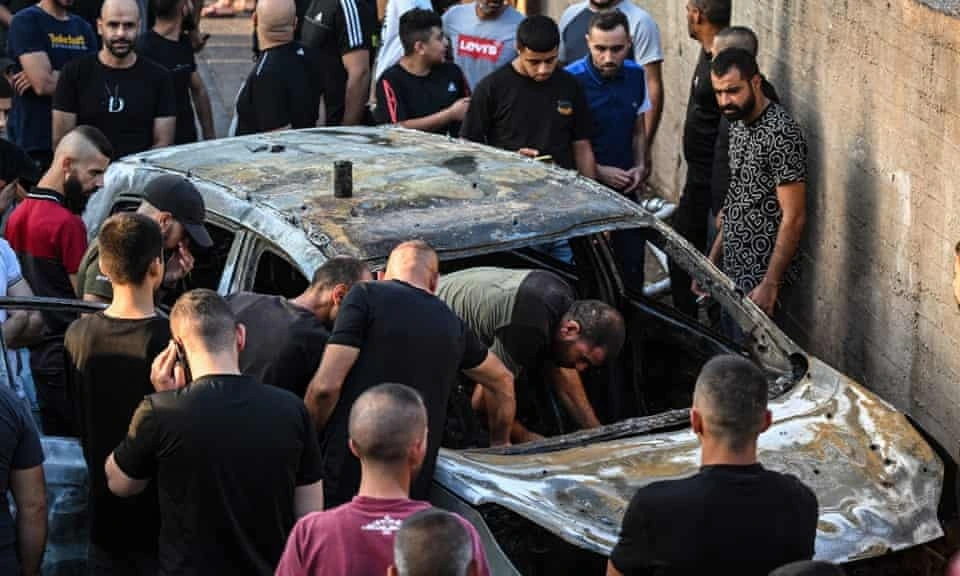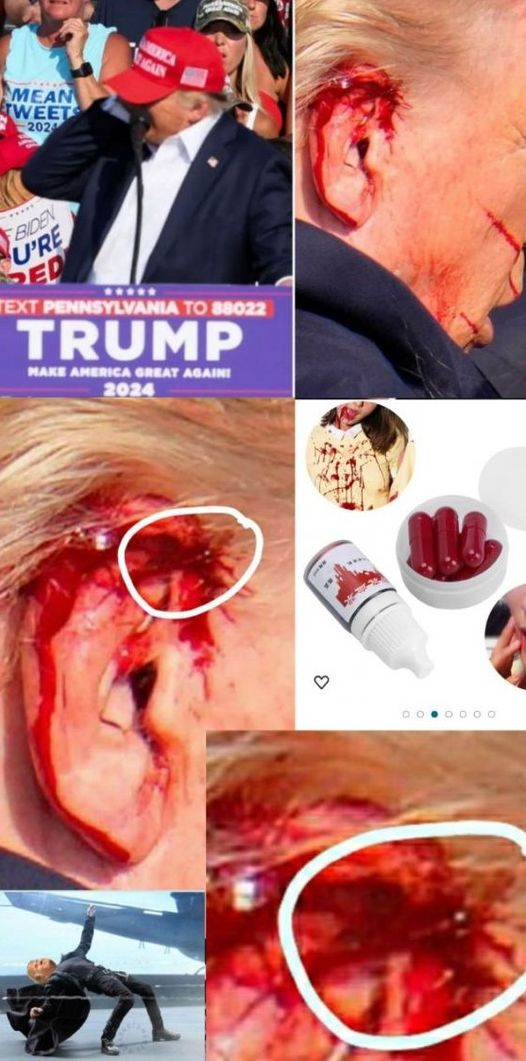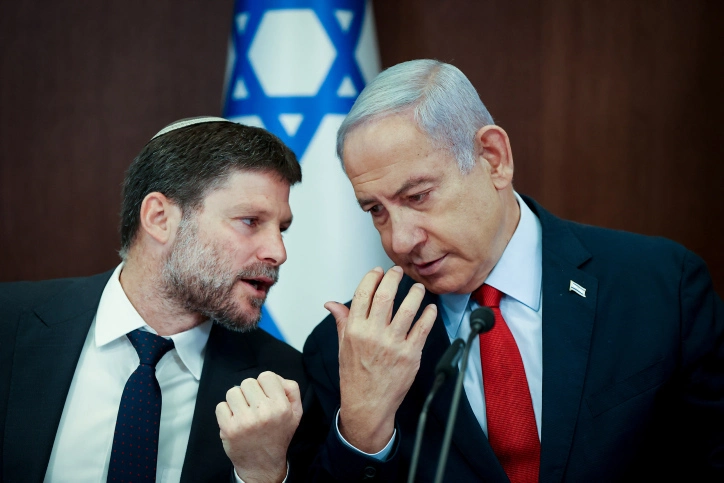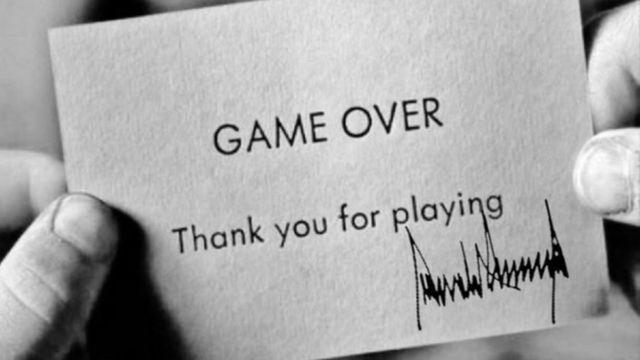#quote from #pa "The band is #Nirvana and they are playing at Maxwell’s in Hobokon just over the river from Manhattan. There is a handful of people watching this most amazing band- a typical night on the rock n roll circuit where genius doesn’t always mean popularity. They may gatecrash the mainstream a couple of years later but at this point of time Nirvana are just another bunch of mad eyed hopefuls crammed into the back of a van looking for escape from their dull lives.
Nirvana #Live at Maxwell's, Hoboken #1989
Source: https://youtube.com/watch?v=_CV1-BaoBD4
The listless audience are far from captivated. Just me and Ian Tilton- the photographer and Anton Brookes the band’s press agent stay for the whole set along with a woman from a French record label who is raving about the band. The rest of the audience, all ten of them are half interested in these amazing cacophony.
You can feel the frustration leaking from the band’s pores when suddenly the set ends and they start to push the ante up a few notches past where any other band dares to tread.
The bass player shoves his bass guitar through the venue’s roof, the vocalist dives backwards through the drums, the kit collapses and the drummer looks nervous. The amps get pushed over and the guitars are mashed into the floor. It’s either a thrilling moment of pop art auto destruction or the instinctive act of a band that is genuinely walking along the edge.
Nirvana had just released their debut #album, #Bleach, that June and were touring it. The Maxwell’s show was on July 13th 1989 and had seen the album garnering some press attention and a few people in the know were starting to get very excited by the group. They were in that curious place where they were press hip but the people haven’t come yet. A year before I had conducted the very first interview ever with the band by phone for the now sadly defunct UK rock weekly Sounds. It was a routine chat with a hopeful singer from a band that I was obsessing about. Typical of the endless new bands that I would write about for the ever generous music paper who indulged in my enthusiasm. I had no clue they would be enormous, I was just thrilled at this track, Love Buzz that I had heard and had to communicate this to the world.
Fast forward several months and we were in new York City watching the band live. The gig’s cataclysmic gig ending would captivate even the most hard hearted cynic because this was no big band pretending to trash its gear but a small town group with no money crackling full of frustration and instinctive raw power brimming close to a self destructive orgy of musical violence that had finally exploded. This was one of the things that made Nirvana so damn attractive and it’s one of the reason that I was there in New York City all those years ago.
The preceding year I had picked up the band’s debut Love Buzz single up in a record shop a couple of weeks before release- and made the November 1988 released Subpop singles club, seven inch, single of the week for Sounds. At that time nobody was interested in the band and it was felt that Sub Pop had gone perhaps one band too far in its cool collection of groups that included Mudhoney and Tad, bands that were playing a raw and powerful music labelled grunge.
But there was something captivating about Love Buzz, I’d always loved the song anyway, a cover of Dutch band Shocking Blue’s 1969 song. From this first remote release Curt had one of those voices that was so full of emotion and power that it went straight to your soul. That coarse edge reminded me of John Lennon in the way you could almost hear the flesh ripping in his throat as he gouged out the raw emotion.
I followed up the single of the week with that phone interview with a tired sounding Curt Cobain at his home in Aberdeen in Washington state. I still have the number somewhere. It’s not a very in depth interview and was an intro piece on a new band that at the time I felt only a handful of people would ever like. It’s only become important now because it’s the first one with a band who have ended up huge, altering the state of rock music forever. Partly because the music was rock at its purest and most emotive and partly because they also featured a singer who has become one of the ten most iconic figures in musical history and whose face still stares out from a million t shirts with those kholed up eyes, a portrait of terrible beauty, part puppy dog, part nervous breakdown.
A few months later I got a trip out to New York for the New Music Seminar to write a double headed feature on Tad and Nirvana who where touring together. Being Sounds we didn’t have the cache of the NME so it was no five star hotels for me and photographer Ian Tilton.
We were to be staying in the tiny Avenue B in Alphabet City flat of Janet Billig who went on to work closely with Curt and his future wife Courtney Love. The flat was the on the road crash pad for Tad and Nirvana. It was sweltering hot and we slept on the floor with no bedding, using our rucksacks as pillows. Being big fellas Tad took up most of the space and snored like wounded bears whilst, the 4 piece at the time, Nirvana were squashed up at the other end of the room. Curt was curled up in a ball in the corner most of the time and seemed worn out by something which we guessed was tour fatigue at the time.
They were three dates into the jaunt and they had driven across the USA for the gig, enough to wear anyone out. They were staying in NYC for a week leaving on the 15th to drive up the road to a gig at Green Street Station in Jamaica Plain, Massachusetts which I had played the year before in my band the Membranes, so I filled them in on some local knowledge, before returning for one more Big Apple gig at the even tinier Pyramid club on the Lower East Side.
I spent most of the nights at the music conference running around gigs or sitting on the steps of the Lower East Side apartment, hanging out with a crack dealer who was selling his wares to huge limos that would turn up every hour or so looking for some powder excitement for their bosses. He had a gun shoved down his sock but was quite cheerful and kept asking about the Queen and if I knew her before going down to the window of the next limo and doing his business.
It was a long and wild trip that ended up with photographer Ian Tilton getting run over by a bus in one of those neo- tropical rain storms that New York seems to have from time to time. The bus missed me by an inch and I can remember Tilton flying through the air clutching his camera bag like it was the most important thing in the world before being carted off to hospital with a broken leg. The doctor patched him up and called us a cab because there were no spare beds and we had to lay him out on the floor of the tiny flat and ferry in sarnies from the Puerto Rican corner shop.
Tad were an uproarious laugh and a damn fine band and should be checked out by anyone reading this piece who wants to explore this music further than Nirvana. They were the headline band but it was their young support that everyone was fascinated by. Nirvana were a band in a state of flux. Instinct was telling them to change and you could tell that something was happening here. The band was weary of the road and each other and the two extra members, guitarist Jason Everman and drummer Chad Channing got kicked out within weeks of this trip.
At Maxwell’s I did the interview, firstly with the Sub Pop label head honchos Jonathan Poneman and Bruce Pavitt who were convinced that Nirvana were going to be the biggest band in the world. It sounded like the usual label hokum but these were cool guys and they knew what they were talking about and were convincing in their enthusiasm. We sat at the table of the coffee bar section of Maxwell’s as they explained earnestly how this band that was drawing a handful of people to this show were going to take the world. I figured they meant as big as Sonic Youth because that was about as big as alternative bands got in those days and by alternative I mean howling guitar, slavering dog alternative and not the nicer stuff like REM.
Bassist Krist (As he was calling himself at the time) sat down for a chat and seemed to care more about the state of the world than the usual rock n roll hokum. He talked at length about his background in the Balkans and the situation there as well as him and Curt growing up in the redneck town of Aberdeen in Washington state and the mad **** they would get up to defying their straight laced fellow citizen loggers.
Curt himself was quieter and less forthcoming. Intense and artistic with a croaking voice that sounded ancient and out of context coming from such a young man, he had piercing eyes and a quiet determination.
Myself? I was thrilled by the band’s innate power and brilliant song writing skills that their press officer Anton Brookes would endlessly talk about in way that I had never heard anyone else ever do about a noisy band.
The Sounds front cover feature that came out later that October thrilled with the band’s potential and was still rushing from the excitement of the gig. Printed below in full it gives a sense of a young band with an awesome potential that no-one at the time could possibly ever grasp. Whilst I was in love with the band I never guessed the sheer scale of their soon to come success and neither could they. They were like any other young band full of dreams and small scale ambition. It was only when you heard the songs that you realised that there was something really special happening.
It’s also interesting to note that the band was fully a four piece at the time and that Curt was spelling his name in a weird way. A year later the band would suddenly become the biggest group in the world, change rock history for ever and put a whole heap of pressure and dark matter on the young singer’s shoulders.
Their later records still sound genius now from Nevermind’s stunning ability to combine Beatle-oid melodies with the crushing power of Black Sabbath and the ferocity of Black Flag and the American hardcore underground. The follow up Albini recorded In Utero flailed against the stadium success and the macho male dominated locker room mentality of rock n roll with a darker, more introspective sound that just couldn’t help fill up more stadiums. Meanwhile the increasingly contrary Cobain bigged up non-macho underground indie like the Vaselines and post punk outfits like the Raincoats while being caught in a spiral of contradictory expectations and lifestyles before his shocking suicide in 1994.
This interview caught the band when they were fresh, young and naive and still craving the addictive Love Buzz of rock n roll.
Nirvana interview 1989 (with original name spellings”)
Nirvana are the natural descendants of Mudhoney and Dinosaur Jr. Their debut album, Bleach, which scorched the tail end of the summer has collected some salivating press commentary. And now they’re on tour with a helluva chance of making up some spectacular ground. The band have the teen beat at their feet, their overt pop ethic is married to mad dog guitar antics; a rowdy burn-out that’s featured on the band’s new four-track 12-inch, Blew, released in the UK on the Tupelo label. The three, formerly four, piece literally explode onstage, their enthusiastic energy burns, resulting in a trail of smashed gear and highly charged anthems.
Offstage, the small town band are quiet and affable, with only seven-foot bass pulper, Chris Novoselic, and former guitar vandal Jason Everman chewing the social cud with any vengeance whilst the other two members opt for the Lennon/Ono approved, ‘bed in’ method. Nirvana did their teenage thing in the wilds of smalltown USA in the Washington state backwater town of Aberdeen. Kurdt Kobain, the band’s songwriter, vocalist and guitar player, scratches the mouldy bumfluff on his pixie skull and picks up the tale. “Chris and me are from Aberdeen, which is a really dead logging town on the shores of the Pacific Ocean. The nearest town was Olympia, about 50 miles away, which is where we’ve moved to.”
Chris, the bass beanpole, cuts in. “It’s a logging town – they want to cut all the trees down that are left in the state, you know. You could say that they are at loggerheads with the environmentalists…” Touring has provided Nirvana with a welcome escape from the smalltown hell. Kurdt is animated with road fever. “I’m seeing America for, like, free and only having to work for two hours a day. It’s weird though, I’m not homesick yet.
If we hadn’t done this band thing, we would have been doing what everyone else does back home, which is chopping down trees, drinking, having sex and drinking, talking about sex and drinking some more…”
Which is a lifestyle not totally at odds with the band’s slogan, “Fudge Packing, crack smoking, satan worshipping, mother ****ers”, which is sprawled rather rudely across their t-shirts. This small town suffocation inspired the first bunch of songs Kobain ever came up with and still fires the mood.
“The early songs were really angry,” explains Kobain. “But as time goes on the songs are getting poppier and poppier as I get happier and happier. The songs are now about conflicts in relationships, emotional things with other human beings. When I write a song the lyrics are the least important subject. I can go through two or three different subjects in a song and the title can mean absolutely nothing at all.” Kurdt’s still not totally comfortable with his new upbeat mood though. “Sometimes I try to make things harder for myself, just to try to make myself a bit more angry. I try out a few subconscious things I suppose, like conflicts with other people. But most of the lyrics on the ‘Bleach’ album are about life in Aberdeen.”
Kurdt had been writing songs in his bedroom for years until finally deciding to lay down some demos with the help of Novoselic, a first generation Yugoslav. The drummer on these sessions was Del Crover, who’s also played for the only other band in town, The Melvins, a seminal outfit on the development of Nirvana. The demo was laid down in a studio belonging to Jack Endino, an old chum of the dudes at Sub Pop Records and a guitar player with the crucial Skinyard outfit. Endino tipped off Sub Pop about this amazing band he was working with and the connection was made.
One phone call later and Sub Pop were marvelling at what they call the “beautiful yet horrifying voice” of the kid that looked like a garage attendant: Kurdt Kobain. The final connection with the rest of the world must have been a relief. “We’d been revolving around in bands for years,” explains Kurdt. “I’d been writing songs since I was about 13. I’d never heard of Sub Pop before, although I suppose we didn’t exist in a total backwater, we had the Melvins in our town and we used to go and listen to them rehearse all the time.”
The resulting debut single was a classic 7-inch; the seesaw-riff, garage punk cover of the Screaming Blues’ late ’60s slice of psychodrama, ‘Love Buzz’. The future now looked promising and was fulfilled by the Bleach album, a 12-inch platter which saw Nirvana taking the opportunity to cover several bases at once.
From the lighter pop dynamics of ‘About A Girl’, an uptempo melodic rush – and an indication of the band’s future development – through to the heavier post-Killing Joke grind of the intense Paper Guts, the album thrives on gristly hooks onto which Kobain grapples his scarred, world weary howl, sounding like a thousand years of life trapped in his young larynx. The live destruct and the album’s full bodied sound was enhanced by the heroic, hair-throwing antics of the band’s fourth member, Jason Everman. Having seemingly been ditched by the remaining three, he’s now taken up the bass in the gloriously ascendant Seattle rockers, Soundgarden.
Even at the time of the interview, Jason seemed to be orbiting on the outside, a key yet somehow peripheral component. It would be interesting to see how they fare as a three-piece, although label boss Jonathan claims that the already gigged trio are rocking harder then ever and with Cobain’s voice and song writing skill they have a good chance.
Nirvana’s live action is a dangerous burn out. At one of the gigs in New York, Novoselic, in a rush of Balkan blood, threw himself into the ground, seconds later the whole band hit auto destruct and emulated The Who’s early ’60s guitar antics.
Bit of a Townshend vibe going on here, Chris? “Yeah, it’s a nice feeling, it’s something that needs to be done at least twice a week. It seems to becoming more common at our gigs. The more people screaming at you the more you are into smashing everything up. It’s definitely not a contrived thing . We don’t smash the gear up on purpose, we’re not trying to impress or anything.”
Scrawny bar-chord operatives, Nirvana are the small town kids let loose in the middle-aged music biz grind. Their onstage, guerrilla insurrections and scuzzed pop punk anthems are just about heroic enough to push through the Nirvana-as-Sub-Pop’s-trump card prediction made by some old fool a couple months back."
